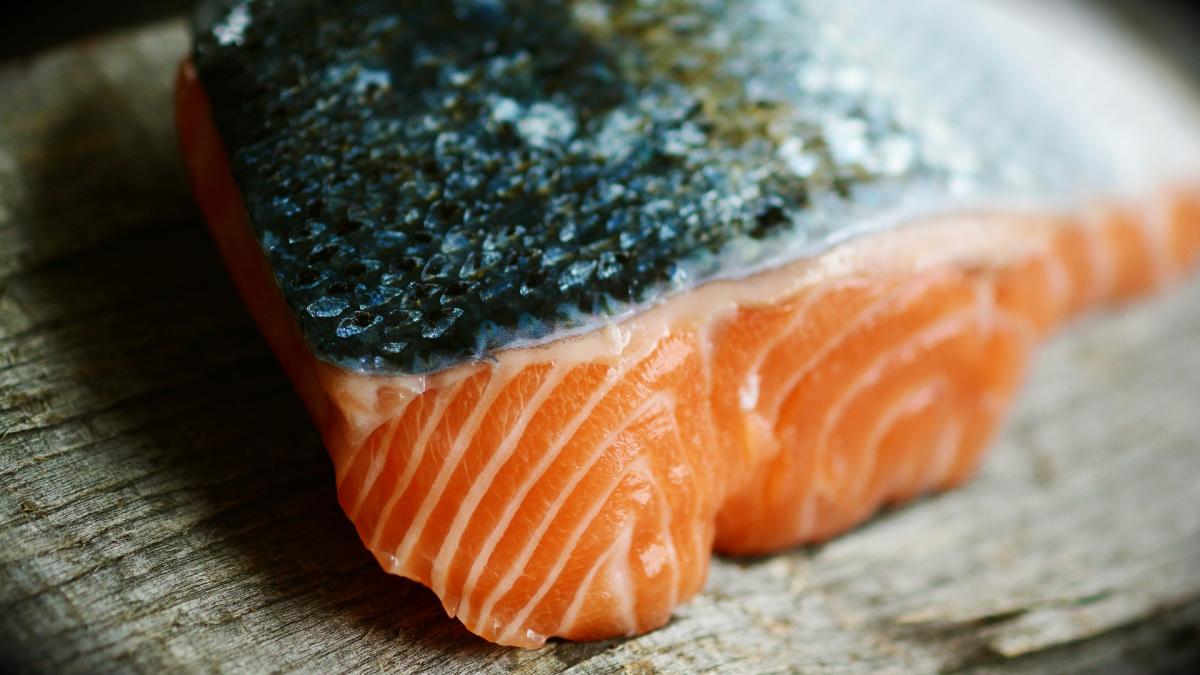For students it is the time of the start of the school year, with increased intellectual effort, with adaptation and readjustment to the constraints and challenges of learning, for adults it means the end of the holiday season and often also a more intense office activity. It is good to take these supplements only after the tests recommended by your doctor.
Vitamin D is what usually needs to be supplemented in the periods when we are less exposed to the sun. The skin produces more vitamin D when exposed to the sun in the middle of the day, when the sun is at the highest point in the sky. Also, the more skin a person exposes, the more the body will produce the vitamin. Exposing your back, for example, allows your body to produce more vitamin D than just your hands and face. This vitamin plays an extremely important role in strengthening the immune system and there are studies that link a vitamin D deficiency to the onset of autoimmune diseases such as diabetes, asthma or rheumatoid arthritis. Vitamin D can also be obtained from food, especially fatty fish, eggs, cheese, beef liver, mushrooms, fortified milk, fortified cereals, i.e. foods containing vitamin supplements. In the case of pills, it is good for the doctor to determine the daily amount we need.
Potassium is often overlooked when thinking about the body’s needs, but it is directly related to muscles, blood pressure and neurological function. It also plays an important role in balancing water and minerals in the body, reducing the risk of kidney stones and osteoporosis. Foods such as bananas, dried beans, fish, spinach or carrots are among those known to have significant amounts of potassium.
Magnesium is usually not deficient in the body, but a supplement may be indicated during the winter. Possible symptoms of a magnesium deficiency include muscle cramps, cramps, tremors, fatigue, lack of appetite, or a bad mood. Additionally, there is research that associates a low magnesium level with an increased risk of depression.
Naturally, vitamin C, one of the essential vitamins for the immune system, could not be missing from this list. It helps form white blood cells, which are responsible for producing enzymes that destroy microorganisms that can endanger us and is a powerful antioxidant. Strawberries, kiwis, parsley, citrus fruits are the main foods in which we find vitamin C. It is good to know that it is a vitamin that is quickly eliminated by the body, so an overdose is quite unlikely.
Vitamin B is also most needed during the fall and winter. It gives us more energy, more red blood cells, aids in optimal brain functioning and digestion. Dairy products, eggs, citrus fruits, avocados, broccoli are all good sources of B vitamins.
Vitamin E is the one that contains antioxidants that protect cells from cancer and we find it in hazelnuts, sunflower seeds or avocado. It also helps improve eyesight and during times when natural light is less, a supplement may be needed. Cases of deficiency are quite rare, but it is good to include products rich in vitamin E in our diet.
Also for the eyes, but not only, it is good to talk about vitamin A. And when the time comes for pumpkins, we can include them in the diet, because they have important quantities of this vitamin. In addition to sweet potatoes, vegetables in general, cabbage, lettuce.
We probably hear about OMEGA 3 often, without much explanation. Fatty acids are among the most studied substances, and researchers have found many health benefits. They are useful in the fight against depression, they are important for the development of the brain, for the correct functioning of sight. OMEGA 3 can also reduce the risk of cardiovascular disease. Decades ago it was found that the incidence of this type of disease was much lower in fishing communities than in the general population. It also helps reduce inflammation in the body, metabolic syndrome, which includes several conditions including obesity, high cholesterol, high triglycerides. Recent studies show that OMEGA 3 may also be helpful in slowing the progression of degenerative diseases such as Alzheimer’s.
While not in the vitamin or mineral category, probiotics are just as important to the body. If we don’t take them in the form of supplements (pay attention to their number, because there are all kinds of products on the market, not all of them really useful), we find them in dairy products, fermented products, soy derivatives or cabbage.
–


